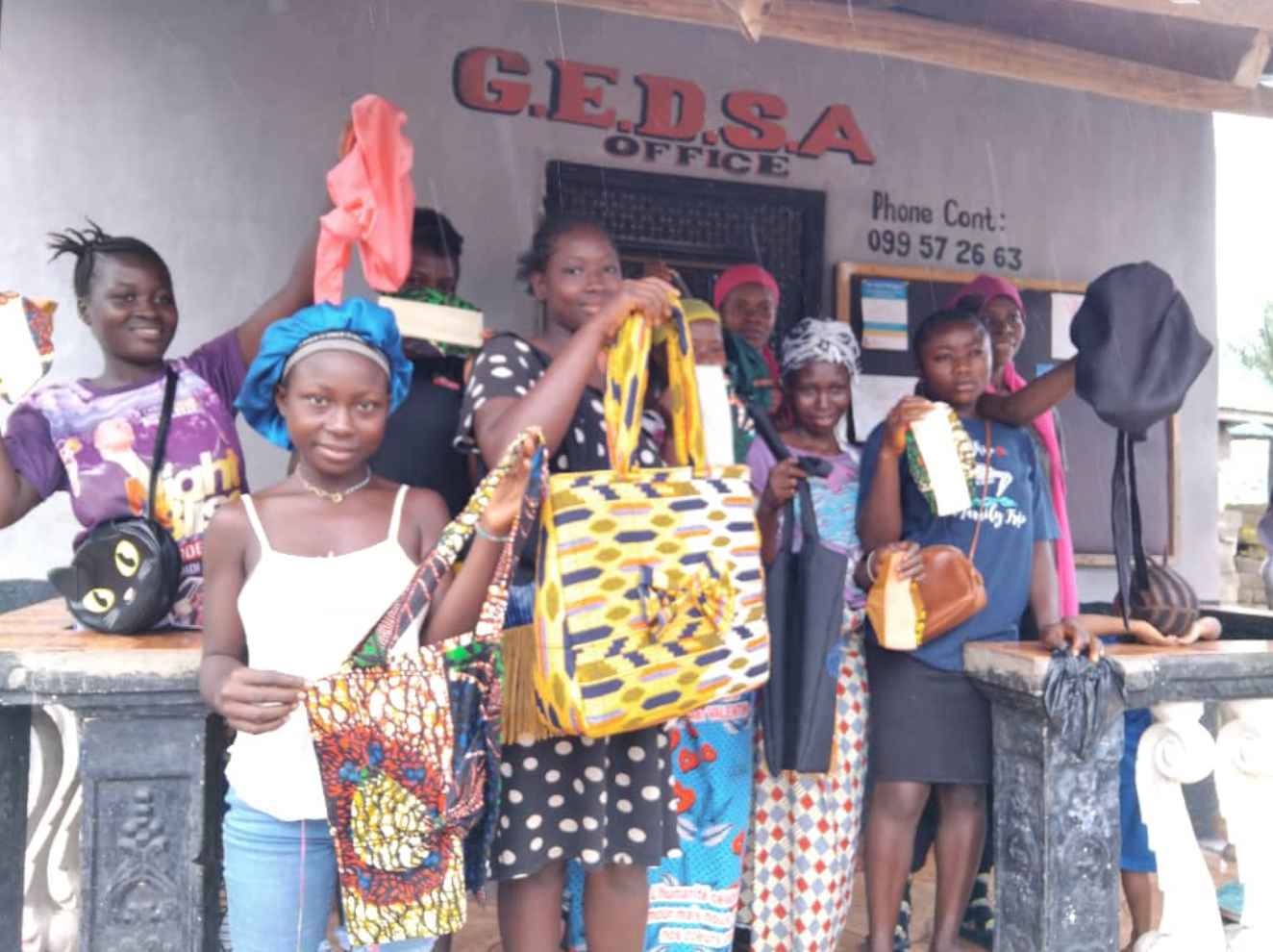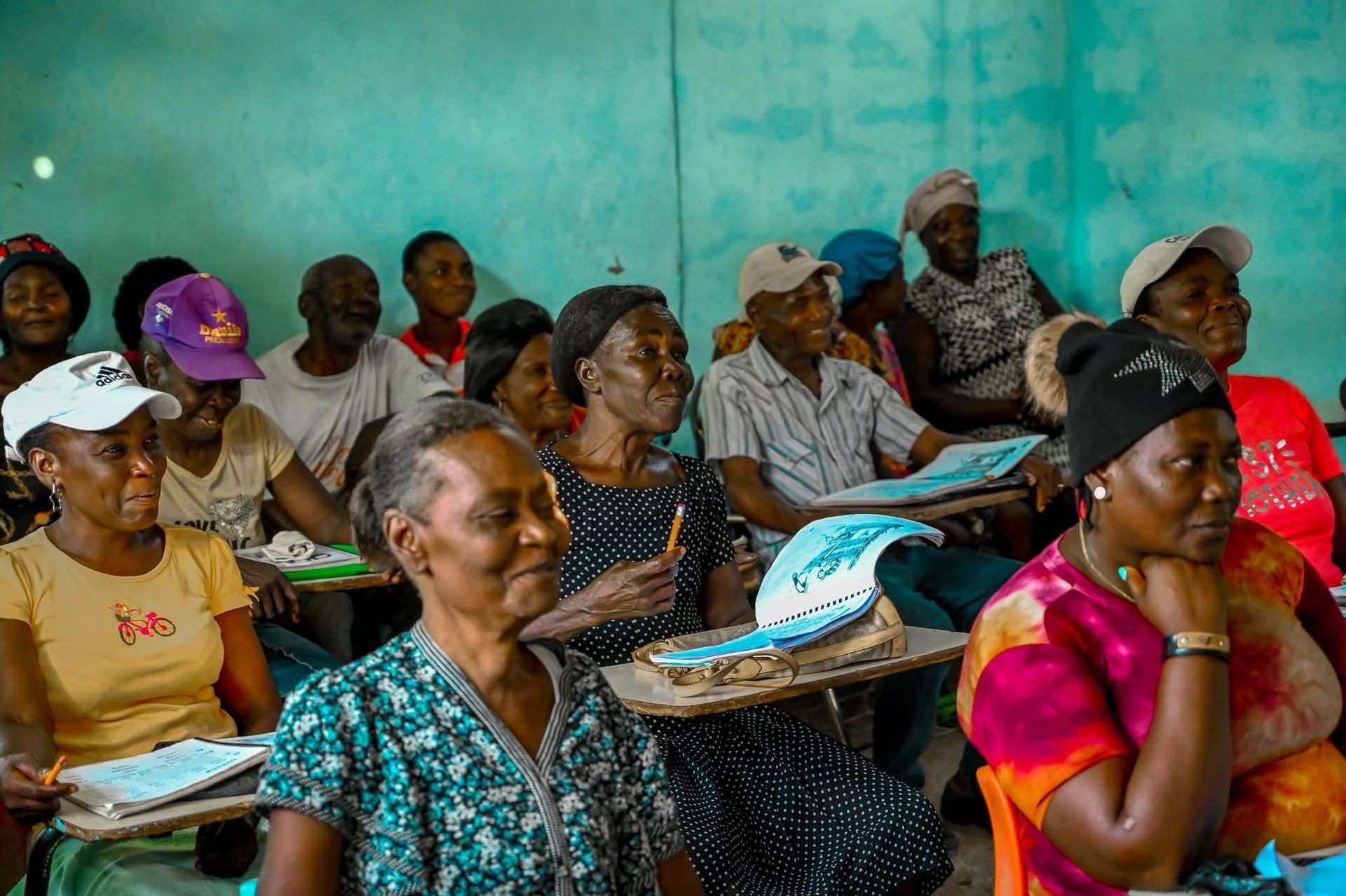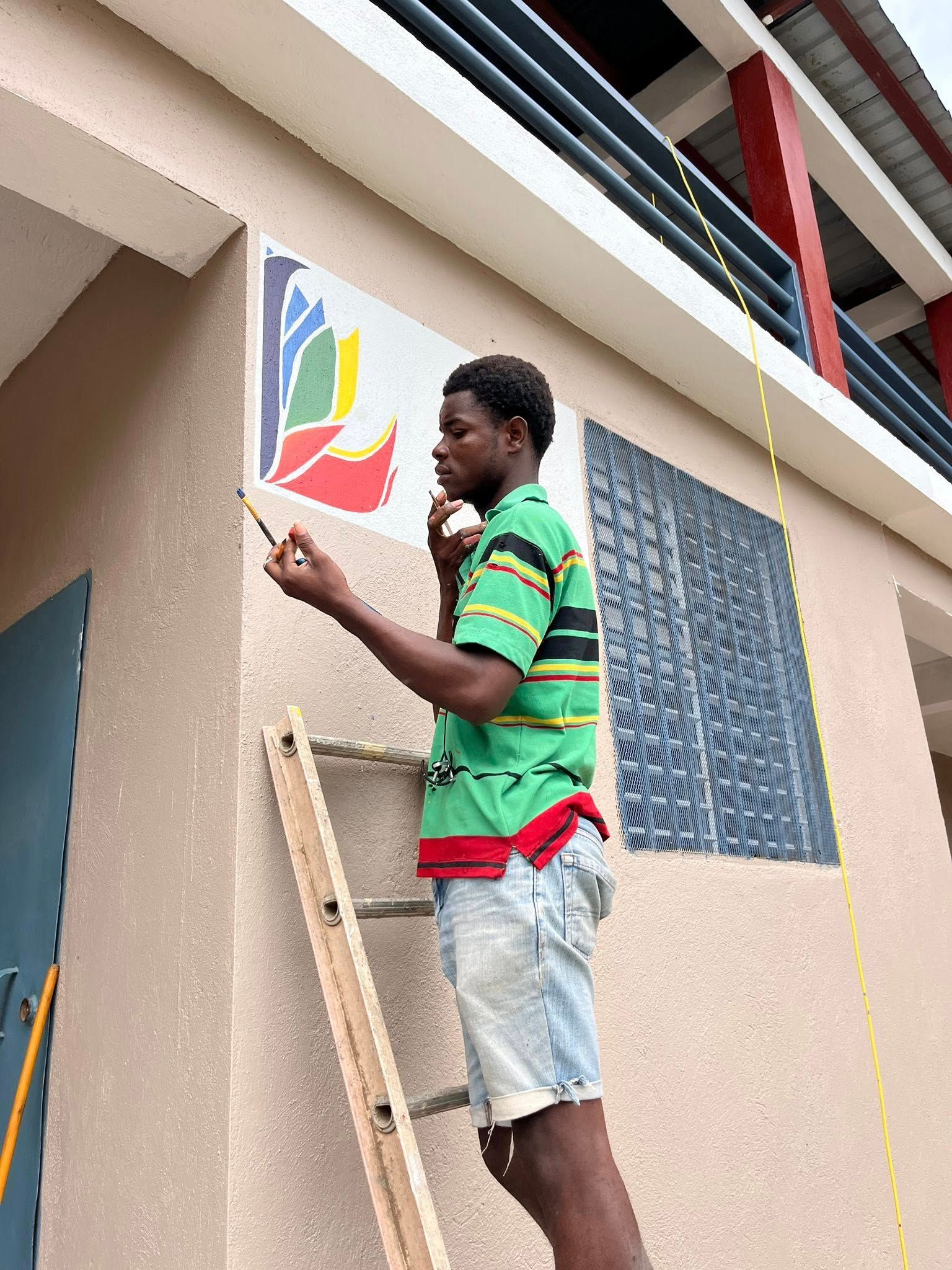Celebrating teachers as agents of change
“If you don’t have a strong supply of well-prepared teachers, nothing else in education can work” - Linda Darling Hammond
According to UNESCO, the world needs 44 million more teachers to achieve universal primary and secondary education by 2030. Unlike previous assessments concerning the shortage of qualified teachers which appeared to be isolated to developing countries, the shortage is now impacting all countries around the world, large or small, rich or poor. Go Public: Fund Education is EI’s flagship global campaign. It’s an urgent, and much needed, call for governments, intergovernmental organisations and international financing institutions to invest in teachers and invest in public education systems; the necessary precondition to addressing the global teacher shortage.
A BREAKTHROUGH
“Just as teachers support us all, it’s time to support teachers.” Antonio Guetrres, UN Secretary General.
As a result of tireless advocacy, we achieved a breakthrough. At the Transforming Education Summit in September 2022, the Secretary General announced the creation of the High-Level Panel on the Teaching Profession. Experts from around the world were invited to be part of the Panel: former presidents, ministers of education, academics, representatives from civil society, the students’ union and Education International.
In February 2024, the Panel released it’s much-awaited report and recommendations providing a blueprint for the change needed to arrest and reverse the global teacher shortage. The recommendations are written with a clarity not normally seen in UN documents. They reflect a level of support from the United Nations for our profession that is unprecedented.
To attract and retain the teachers we need, the recommendations call on governments to ensure competitive, fair, and professional salaries. They also call for secure employment, good working conditions, and, against the backdrop of ever-increasing workloads and work intensification, work life balance. Precarious employment and the use of contract teachers and unqualified personnel must come to an end. Teacher well-being is a priority.
When it comes to teacher professional practice, the High-Level Panel recommends that all teachers have initial teacher training that is publicly funded and a university degree. It also encourages the provision of stipends for teachers in training. It recommends access to quality continuous professional development that is free and part of a teacher's official duties and co-designed with the profession. Teacher professional autonomy must be respected and teachers must be given the time and resources to collaborate and create communities of practice.
A strong commitment to gender equality, equity and diversity cuts across the recommendations. Working environments must be inclusive, safe, and non-discriminatory for teachers in all their diversity. Women’s leadership must be encouraged.
Refugee teachers and displaced teachers should be provided with pathways into the education workforce of host communities. When a teacher is hired to work in camps for refugees or displaced persons, their labour rights must be respected. Teachers and education staff working in situations of crisis, disasters and conflict MUST BE PAID!
The recommendations put social dialogue and, importantly, collective bargaining at the heart of transforming education. Policies in education should be developed with teacher unions at the table and employment conditions should be determined through social dialogue, including collective bargaining. And, yes, the Panel even reaffirms the right to strike.
The recommendations are solid and comprehensive, but we know that none can become a reality without financing. The Panel calls for guaranteed equitable public funding for education and sustainable investment in the teaching profession. Austerity measures are rejected.
Tax revenue is the best way to ensure sustainable education financing. In addition, debt relief and forgiveness should be considered to help countries ensure education funding. The National Education Union has produced an outstanding report Prioritise teachers to transform education: How tackling the global teacher shortage can unlock the UK’s development agenda.




